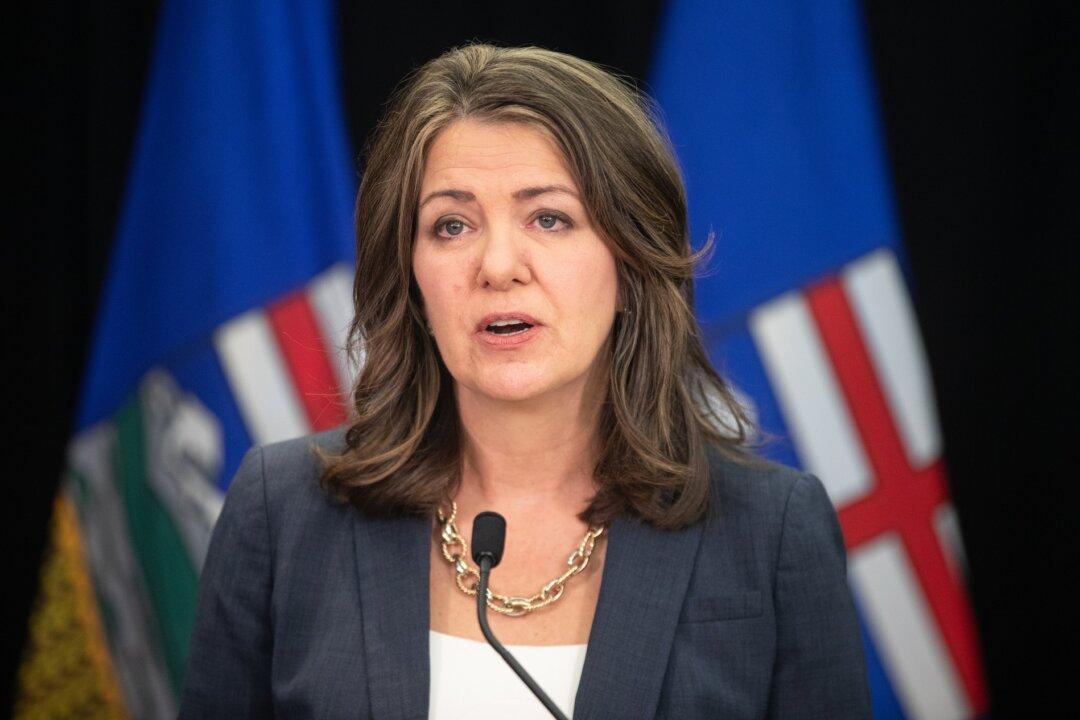Alberta Premier Danielle Smith called for a more serious approach to addressing U.S. concerns over fentanyl trafficking and criticized emphasizing the point that the flow of fentanyl from Canada to the United States is merely a fraction of that from Mexico.
In a Feb. 4 interview with CTV News, Smith said Canada’s recent efforts to address U.S. concerns about the fentanyl trade played a key role in pausing the looming Canada–U.S. trade war. However, she stressed the need to seize the opportunity to make progress, ensuring the battle won’t be reignited.





